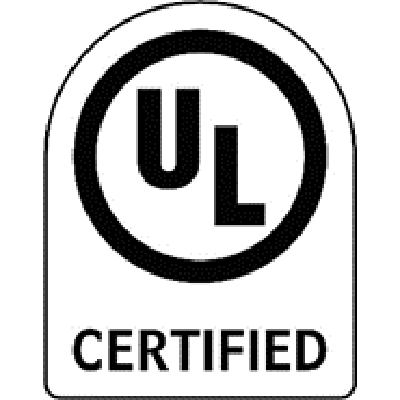- What are collective IP rights?
- Collective trade marks
- Examples of collective trade marks
- Certification trade marks
- Examples of certification trade marks
- Geographical indications
- Examples of geographical indications
What are collective IP rights?
Collective IP rights are shared by groups of people, businesses, or organisations. They include:
- Collective trade marks
- Certification trade marks
- Geographical indications
Collective trade marks
Collective trade marks are commonly used by members of an association to indicate they are part of a collective. This differs from a standard trade mark which is used to distinguish the goods or services that originate from a single party.
Examples of collective trade marks

mta ASSURED
NZ trade mark number: 711593
Owned by: MOTOR TRADE ASSOCIATION INCORPORATED
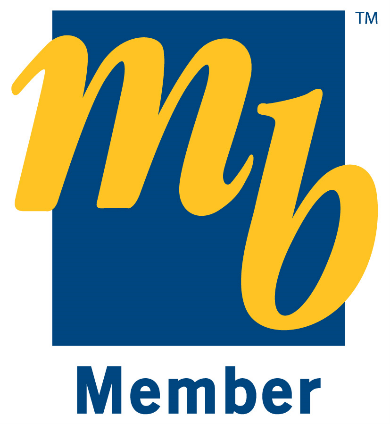
mb Member
NZ trade mark number: 805772
Owned by: REGISTERED MASTER BUILDERS ASSOCIATION OF NEW ZEALAND INCORPORATED

INSTITUTE OF FINANCIAL ADVISERS MEMBER
NZ trade mark number: 780811
Owned by: INSTITUTE OF FINANCIAL ADVISERS INCORPORATED
Find out more about collective trade marks
About collective trade marksCertification trade marks
Certification trade marks are a brand to show that the goods or services the trade mark is used on meet requirements set by the owner of the trade mark. Certification trade marks often show that the goods or services have certain qualities. A key difference from other trade marks is that for certification marks, the owner of the trade mark as the certifying authority, cannot trade in the goods or services that trade mark is used on.
Examples of certification trade marks
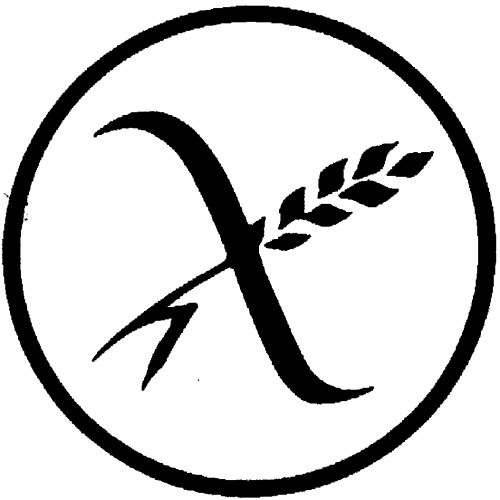
Crossed ear of grain
NZ trade mark number: 606588
Owned by: COELIAC NEW ZEALAND INCORPORATED
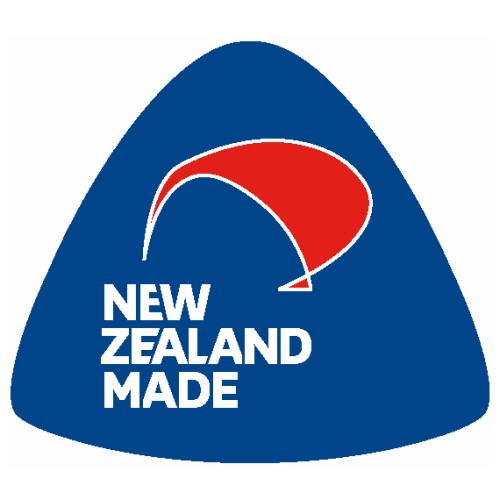
NEW ZEALAND MADE
NZ trade mark number: 976133
Owned by: BUY NEW ZEALAND MADE CAMPAIGN LIMITED
Find out more about certification marks
About certification marksGeographical indications
Geographical indications (GIs) are all about where something is made. They are a sign of authenticity and quality. GIs are used by producers of specific products to link their product to the reputation of the place the products are from. The most famous GI is Champagne – the sparkling wine that comes from the Champagne region in France.
GIs are applied for by an association of producers, for example a wine producers association, and can be used by any producer of that product from that region. GIs can only be used for the products they’re registered for if the products are made in that place. When applying to register a GI the applicant will need to state what makes that type of product from that region different, such as a unique combination of climate and soil.
Examples of geographical indications
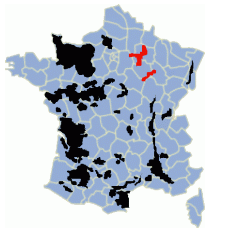
Champagne (wine)
NZ GI number: 1026
Owned by: Comite Interprofessionnel du Vin de Champagne
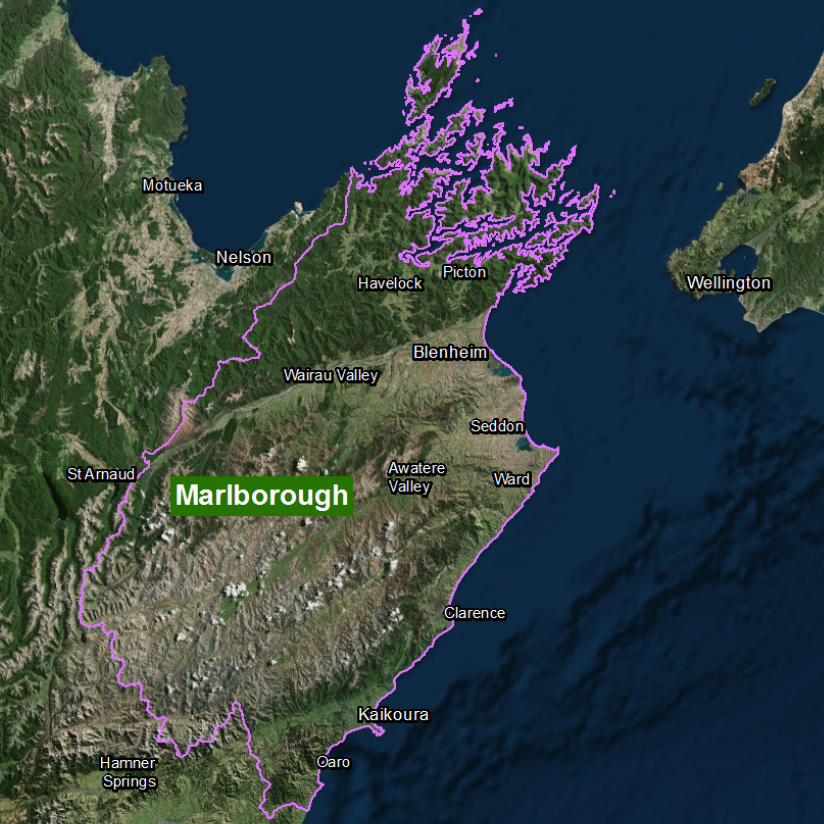
Marlborough (wine)
NZ GI number: 1004
Owned by: Marlborough Winegrowers' Association Incorporated
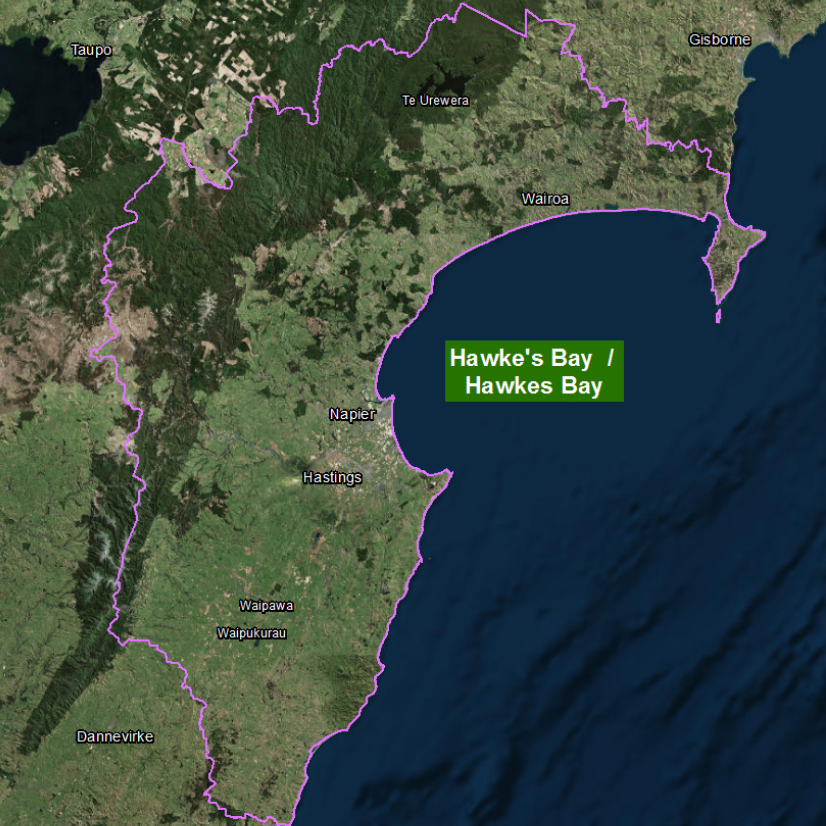
Hawke’s Bay (wine)
NZ GI number: 1005
Owned by: Hawke’s Bay Winegrowers Association Incorporated

